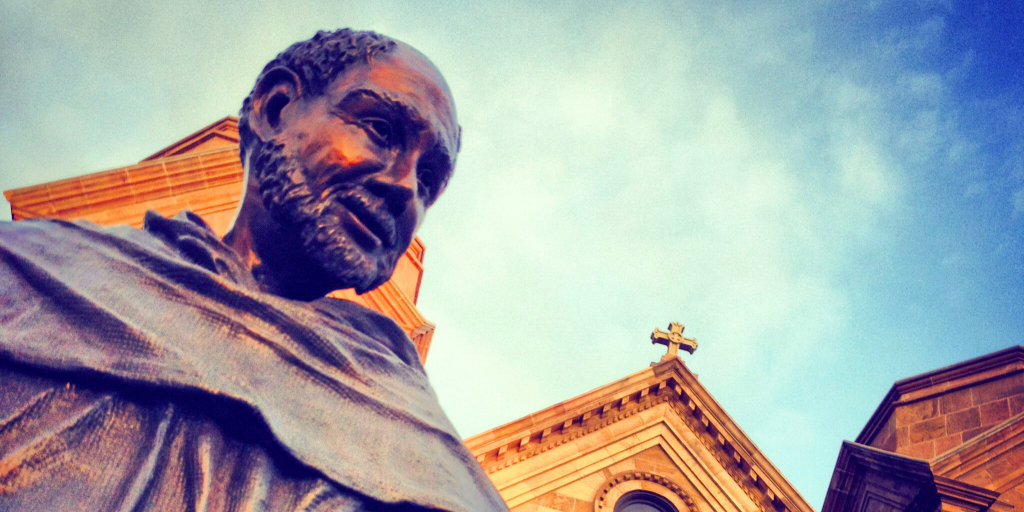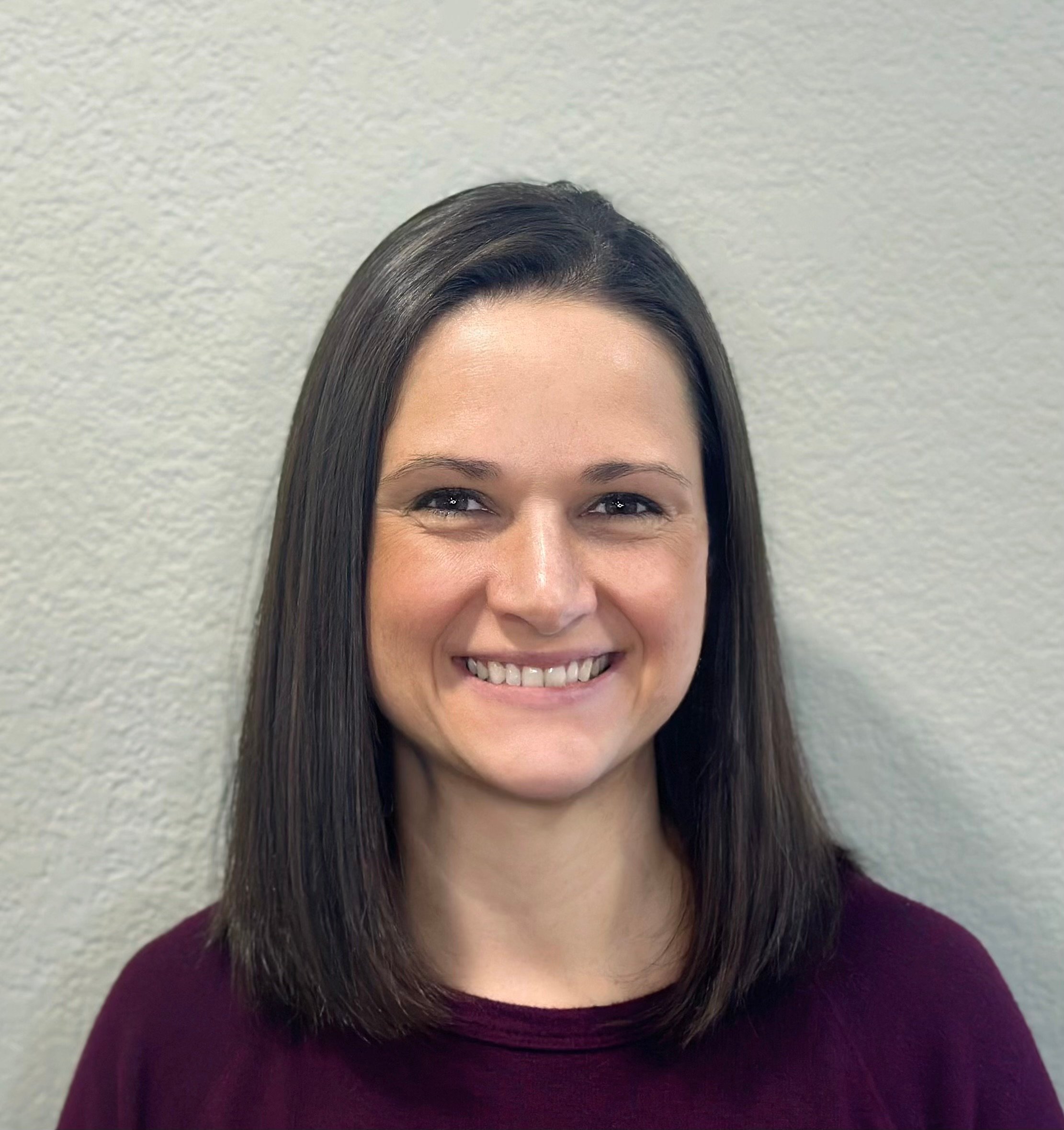
Allison Auth shares how the hidden years of Saint Francis’ life helped him live in the freedom of total dependence on God.
Last month, my Well-Read Mom book club attempted to read The Aeneid, the ancient epic following Aeneas, a Trojan fleeing the city after the Trojan War, to the founding of Rome. It did not go well for me, and a major reason for my difficulty was trying to keep track of the many gods throughout the story. Any circumstance was explained away by a god who was on their side, or a god who spited them, or a god who blew the wind and seas in their favor or spread rumors to distant towns. The gods were behind who fell in love with whom, the fate of who lived and died, and were intertwined in a whole host of mischief. The gods come across as impulsive, prideful, vengeful, and unpredictable.
In contrast, December’s book (My God and My All by Elizabeth Goudge) was a biography of Saint Francis of Assisi, who is known for being Christlike in his poverty, humility, prayer, and service. The nativity set as we know it comes from Saint Francis, who had such a devotion to the creche because he could hardly believe that the God of the Universe would become flesh for us. The Incarnation for him was the most important feast, the turning point in the story of our salvation and in all of history.
That the God who spoke and brought the world into being would not only take on flesh, but come in the weakest, most innocent, humble form of a baby was almost too much for Francis to bear. Indeed, for each one of us today the idea should be incomprehensible — that Jesus, who is fully man and fully God, should enter the world only to depend on humans to walk, talk, and learn. Unlike the gods of Greece and Rome, Jesus shows us a humble, steadfast love in which the truth path to freedom is found in poverty and dependence.
The battle in the hidden caves
The journey of Francis from rich party boy to glorious saint is at once unique to him and universal to us all. Many know of his impulse to get off his horse to kiss the leper, or to take off all his clothes and return them to his father. But what makes for less than stellar storytelling are the few years spent in hidden prayer before rebuilding San Damiano and other churches, before the incident with the leper or his father’s clothes. He would often go into the caves outside Assisi to pray fervent and anguished prayers as he learned the obedience required to love the will of the heavenly Father.
Until he could break away from self, be done with it, he could never be free to run after God and live for him alone. And so Francis entered upon this battle of winning himself for God. (My God and My All)

The transformation wasn’t immediate. Those years of struggle — of hiding his prayer in the caves during the day and partying at night — were necessary. Step by step, he learned to love God in the lepers. It started with not turning his face away in disgust, then giving a coin or two, to sharing all he had, and then finally offering the kisses and touches of Christ. God does not expect our transformation in an instant.
In fact, God has not asked us to do anything He Himself hasn’t done. His own journey from cradle to cross lasted 33 years, much of it hidden.
These hidden years, like Jesus in Nazareth and Francis in the caves, are the years that have captured my attention. My own caves are the rooms in my house where I have had to learn to lay down my will, to invite God into my every day, and to repent of my sins. These moments won’t ever been seen or written down, but they are the battlefield of my own conversion. I cannot be holy by my own sheer will, but I can win daily battles with God fighting in and through me.
Freedom through dependence
And the reason God can live in me is the good news of the Incarnation: God became man to bridge the gap between heaven and earth. Jesus didn’t tell us what to do — He showed us every step of the way through the life He lived and now desires to live in us. Step by step Christ guides us on the path to freedom.
In the Christmas story, Jesus shows us what dependence looks like in the form of an infant who relies on their parents for everything. In Saint Francis, we see dependence on Christ in the form of total poverty — owning nothing and begging for alms — and this sets him free to care for nothing but the love of Christ. When we lay down our lives and say, “God I can do nothing without you,” there is freedom in that it no longer depends on us.

It seems incomprehensible that true freedom would be found in dependence and poverty, yet that is what the Nativity story tells us. The path will be unique to each one of us, but this Christmas is an opportunity to taste the freedom and joy of poverty and dependence by saying with Saint Francis:
You are all our riches, and You suffice for us ... You are our eternal life, Great and Wonderful Lord, God Almighty, Merciful Saviour.
Share your thoughts with the Catholic Mom community! You'll find the comment box below the author's bio and list of recommended articles.
Copyright 2024 Allison Auth
Images: Canva
About the Author

Allison Auth
Allison Auth lives with her woodworker husband and 5 children in the Denver area, where she homeschools her kids. She is the author of Baby and Beyond: Overcoming Those Post-Childbirth Woes (Sophia Institute Press) and contributes regularly to the Denver Catholic. She is active in her parish and homeschooling communities. Learn more about her work at AllisonAuth.com.


.png?width=1806&height=731&name=CatholicMom_hcfm_logo1_pos_871c_2728c%20(002).png)
Comments